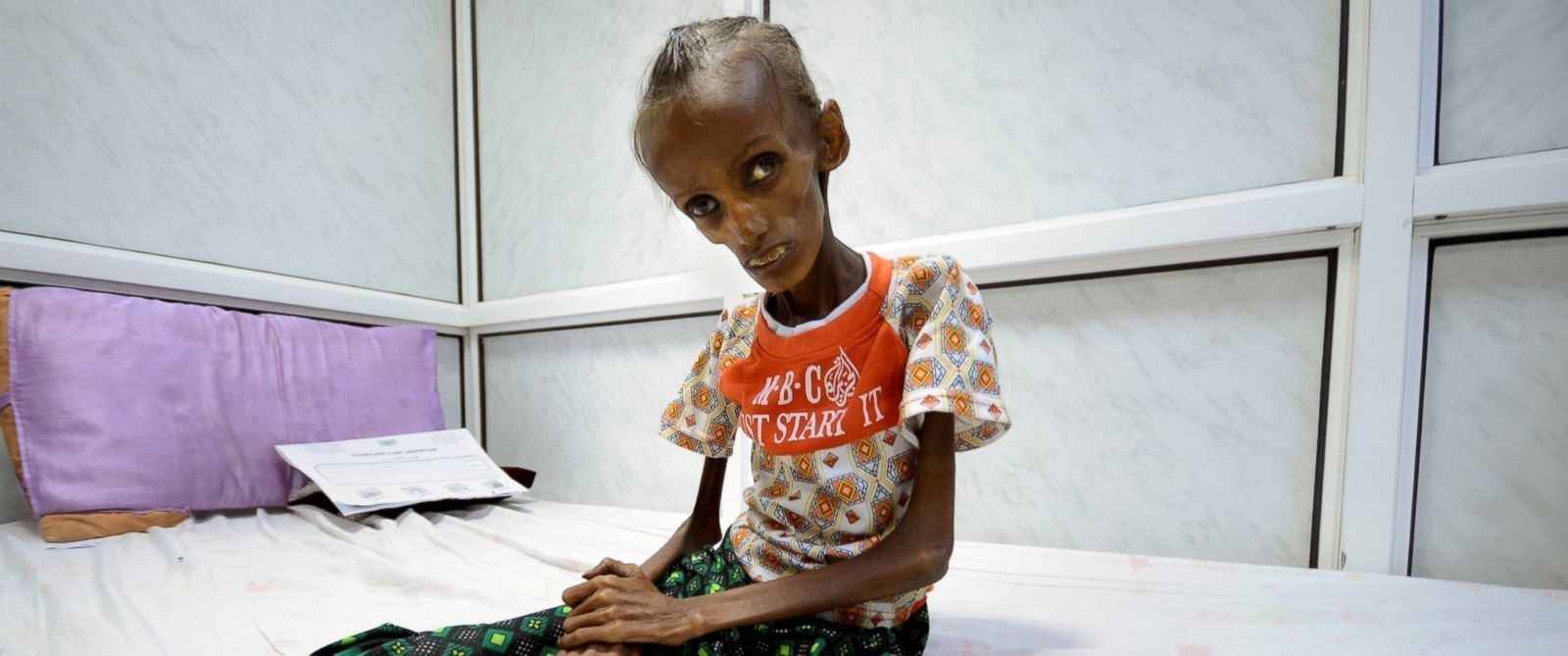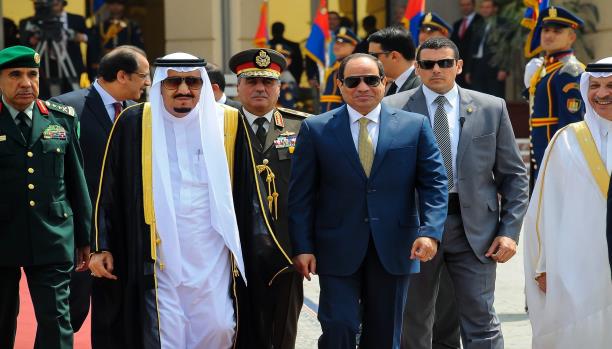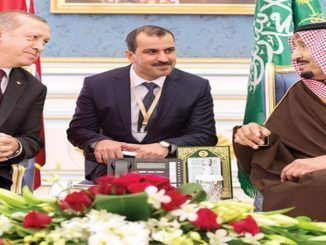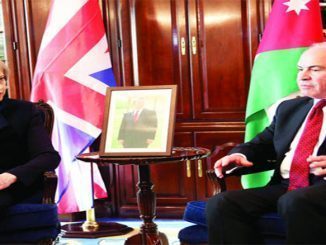
The British Parliament rejects Labour motion to end support of Saudi military action pending a UN probe into alleged breaches of international law, Media reports said.
Labor Party leader Jeremy Corbyn’s demanded on Wednesday that Britain should suspend its support for the coalition until an independent UN investigation reported into alleged breaches of international humanitarian law in Yemen.
But the motion to suspend was heavily defeated 283 votes to 193 by a combination of governing Tory party and dissident Labour MPs.
UK Foreign Secretary Boris Johnson T rejected any suspension of arms sales and supported MPs decision saying other countries would “happily supply arms” to Saudi Arabia if Britain were to succumb to pressure to stop doing so.
He also added that suspending sales would end Britain’s diplomatic influence in the conflicy “at a stroke”, reported The Guardian.
The vote will lift pressure on the foreign secretary, Boris Johnson, as he resists international calls for Britain to throw its weight behind an independent UN investigation.
The British government has been heavily criticised in recent months over constant reports that British made weapons are being used in alleged war crimes in Yemen conducted by the Saudi-led coalition that has intervened in the conflict.
Parallel to this decision, Reuters News Agency published images of starving people in Yemen to show the horrors of war.
The Agency said that 14million people, over half of Yemen’s population, short of food, with much of the country on the brink of famine.
According to Reuters, the U.N.’s World Food Program notes that the conflict in Yemen “has left thousands of civilians dead and 2.5 million internally displaced” over the past year.
Furthermore, President Barack Obama has received criticism for not cutting back on U.S. support for the government of Saudi Arabia, same as Britain which still supports Saudi-Led Coalition for bombing Houthi rebels in Yemen since March 2015 in an effort to strengthen its foothold in the region.
In a compromise on 30 September, the UN Human Rights Council in Geneva, with the backing of the UK, did not support an immediate independent UN inquiry in Yemen but instead called for UN experts to be given a role in assisting an existing Yemen-led inquiry.



